Scientists are exploring whether consciousness is bigger—and weirder—than we ever imagined.
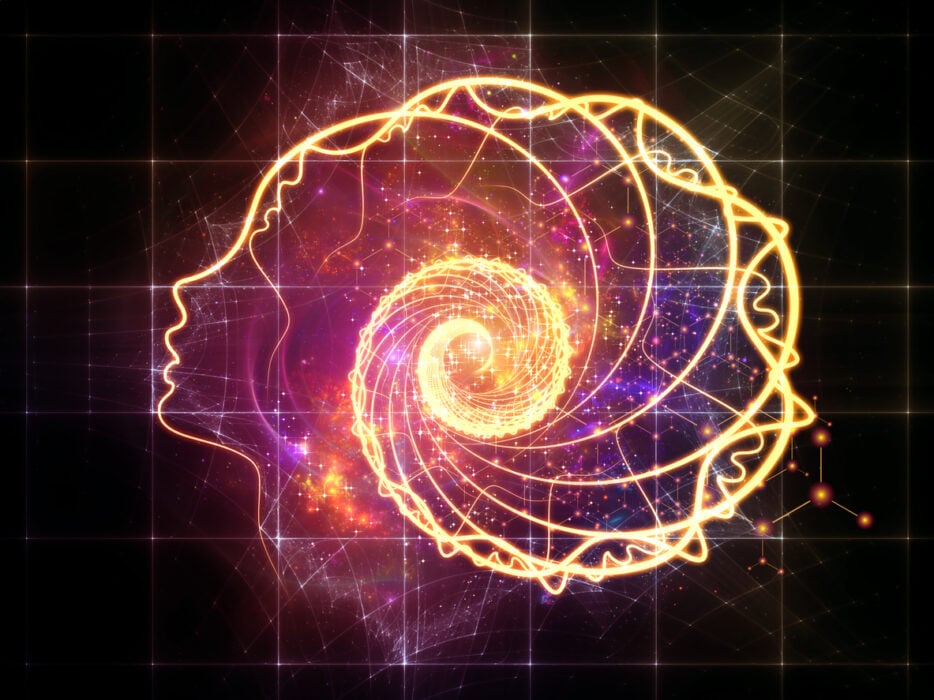
Ever get the feeling your mind might be part of something bigger? Not in a woo-woo, crystal-waving kind of way—but in a what if science is starting to back this up kind of way. Consciousness is still one of the biggest mysteries out there. We know we have it. We live inside it every day. But no one really knows what it is, where it comes from, or why it even exists in the first place. That’s where things start to get weird—in a fascinating, head-tilting kind of way.
Some scientists are seriously asking questions that sound more like philosophy than physics. And the deeper they dig, the stranger the answers get. What if your brain isn’t generating consciousness, but tapping into it? What if there’s a universal “mind” we’re all part of without realizing it? It sounds out there—but these ideas are coming from labs, not just late-night dorm room chats.
1. Your brain might be more like a radio than a generator.
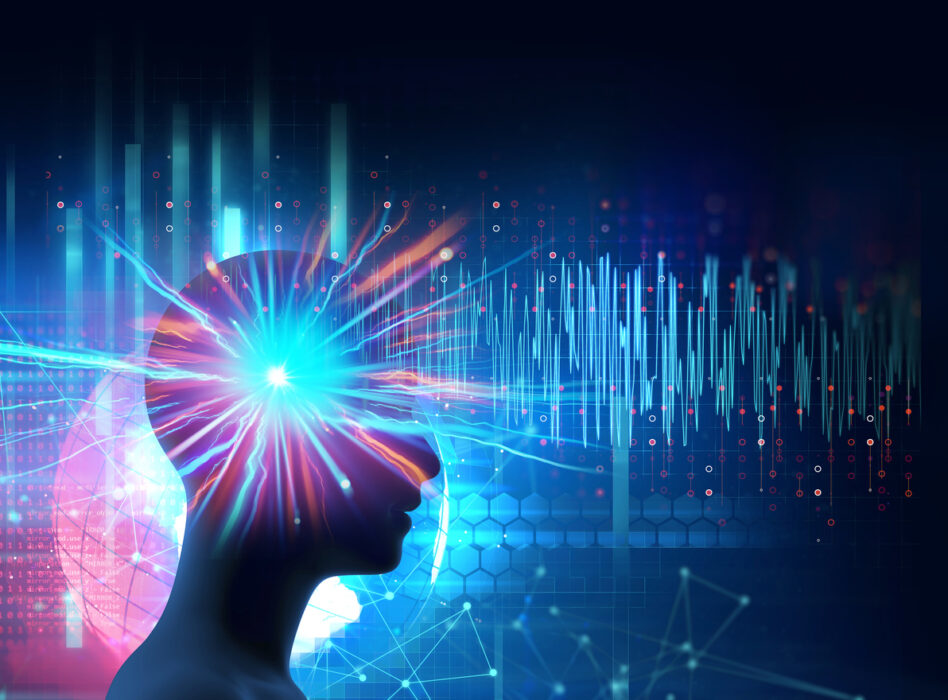
Most of us assume our brains create consciousness, but what if they actually just tune into it? Some scientists and philosophers think your brain works more like a radio receiver, pulling in consciousness from some larger field or source, suggests board certified anesthesiologist Christopher Voss, MD in a video on the theory. That would mean your awareness doesn’t originate in your neurons—it’s picked up, like a signal. It’s a theory that’s been floating around since the early 20th century but is gaining new attention as brain science hits a wall in explaining exactly how thoughts arise. If this idea is true, your consciousness might not be limited to your physical brain, and that opens up some seriously trippy possibilities.
Things like intuition, telepathy, or even near-death experiences start to make a little more sense under this model. It also raises questions about what happens after death—if the brain stops receiving, does the signal still exist? That’s a mind-bender. This doesn’t mean science is embracing mysticism, but it does mean we may need to rethink the boundaries of what consciousness actually is. Maybe it’s not inside us. Maybe we’re inside it.
2. The universe might be one giant mind thinking itself into being.
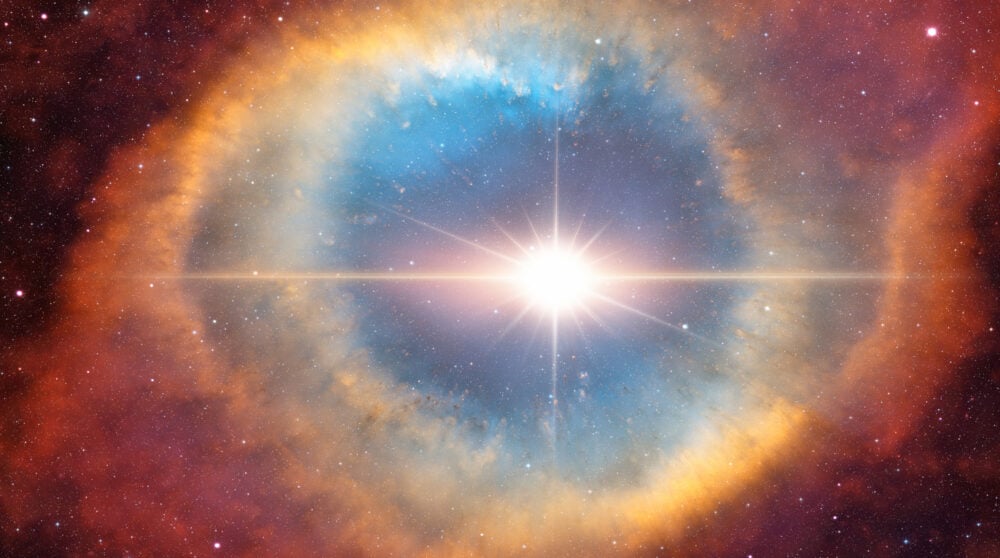
This idea, often called panpsychism, flips everything we think we know about consciousness. Instead of humans being the only truly conscious things in the universe, this theory says everything has some level of awareness—from electrons to galaxies. The big idea is that consciousness isn’t something special that evolved in brains—it’s a fundamental feature of reality itself, theorizes neuroscientist Christof Koch in an article for Wired. Think of it like gravity or time—always there, always active, just in different forms.
Some physicists and philosophers believe this is the only way to explain how inanimate matter somehow gives rise to thought and feeling. If even a tiny bit of consciousness exists at the particle level, then complex minds like ours might just be the universe becoming more self-aware. Wild, right? It means you’re not separate from the cosmos—you’re a node in a giant system that might be aware of itself. Even your everyday thoughts could be echoes of something much larger thinking through you. It’s not a fringe idea anymore; it’s popping up in serious academic debates. Maybe the universe isn’t a machine—it’s a mind.
3. Reality might only exist because something is observing it.
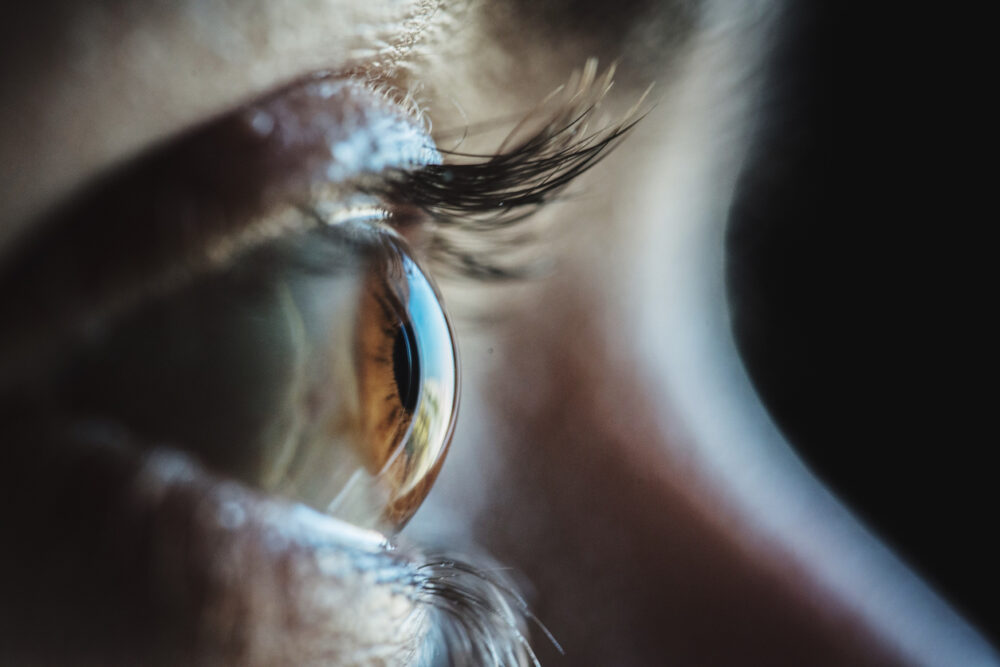
Quantum physics has a strange little secret: particles behave differently when they’re being watched. In experiments, subatomic particles like electrons don’t seem to “choose” a definite state until someone observes them. Before that, they exist in a haze of probabilities—kind of like a coin spinning in mid-air. But once you measure or observe them, it’s like the universe makes a decision. This has led to a bizarre question: does consciousness actually create reality? Are we collapsing possibilities into facts just by paying attention? Some interpretations of quantum theory suggest the universe depends on observers to solidify itself into something real, says Eric Cavalcanti writing for Space.com. If no one’s looking, does it all just stay fuzzy and undefined?
That would mean your awareness doesn’t just reflect the world—it might shape it. It’s like reality is waiting for you to show up before it decides what it is. It’s a deeply unsettling idea with serious implications. You’re not just in the world—you’re participating in making it real. Consciousness, in this view, isn’t just along for the ride. It’s in the driver’s seat.
4. Time might be an illusion created by consciousness.
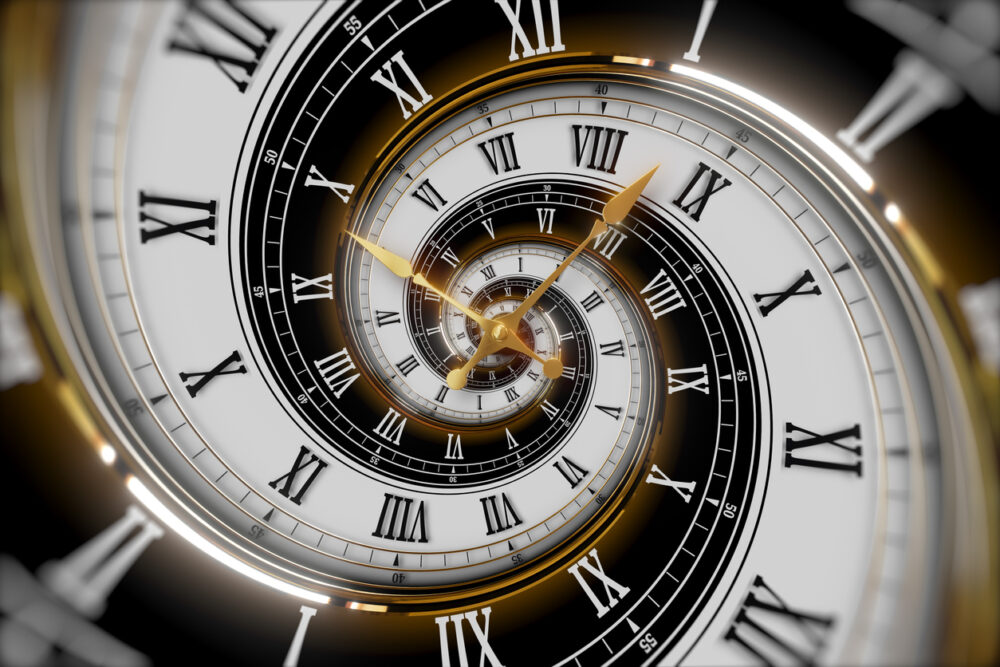
We experience life in a steady stream—past, present, future—but some physicists argue time isn’t actually flowing. Instead, all moments may exist simultaneously, and our consciousness just moves through them like a needle on a record. This theory, often called the “block universe” model, suggests that time is a mental construct rather than a physical feature of the universe. Your brain creates the illusion of movement to help you make sense of events, but everything that’s ever happened—or will happen—already exists. This messes with our understanding of cause and effect, not to mention free will.
If your consciousness is just gliding across moments that are already “there,” what does that say about choice? Some scientists believe your mind acts like a projector, lighting up one frame at a time in a vast cosmic reel. The deeper question becomes: who or what designed that reel? Viewing time as a perception, not a fact, might explain why meditation, psychedelics, or trauma can warp our sense of it. Maybe time doesn’t pass. Maybe we do.
5. Your sense of self could be one big illusion.

Most people feel like there’s a “me” behind their thoughts—some fixed identity running the show. But neuroscience suggests that this sense of self might be a mental construction, not an actual thing. When researchers study the brain closely, they can’t find a central control hub—just a bunch of processes working together. Memory, emotion, attention, and perception all play roles, but there’s no “captain” at the helm. Your brain creates a narrative out of your experiences, then convinces you it’s a single, stable self. This illusion helps us navigate the world, but it’s not necessarily real in the way we think it is.
Some scientists say consciousness is more like a conversation happening between brain regions than a unified voice. Meditation traditions have been saying this for centuries—now science is catching up. If there’s no real “you” inside your head, then who’s doing the thinking? That question has led researchers to explore whether consciousness is something emergent—or something already present, waiting to be noticed.
6. Your mind might be the reason reality works the way it does.
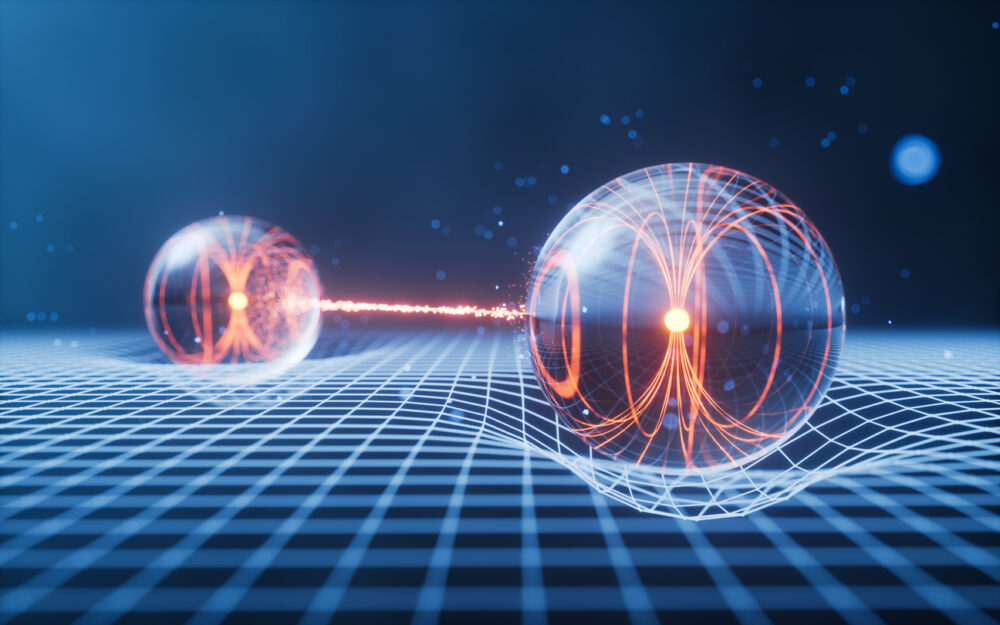
Scientists have discovered that really tiny things, like particles that make up atoms, act very strangely. They don’t always behave the same way every time. In fact, they seem to change depending on whether someone is watching them. That’s right—just looking at them can make them act differently. Some scientists think this might mean that consciousness, or the fact that we’re aware and paying attention, plays a role in how the world works. It’s like the universe waits for someone to notice it before deciding what to do.
That’s a pretty big deal because it means your mind might not just be watching the world—it could be helping shape it. Some researchers even wonder if consciousness is one of the basic parts of the universe, like gravity or energy. It sounds strange, but it might explain why tiny particles don’t always follow the rules. Your awareness could be more powerful than you think.
7. Your thoughts might not be as private as you think.
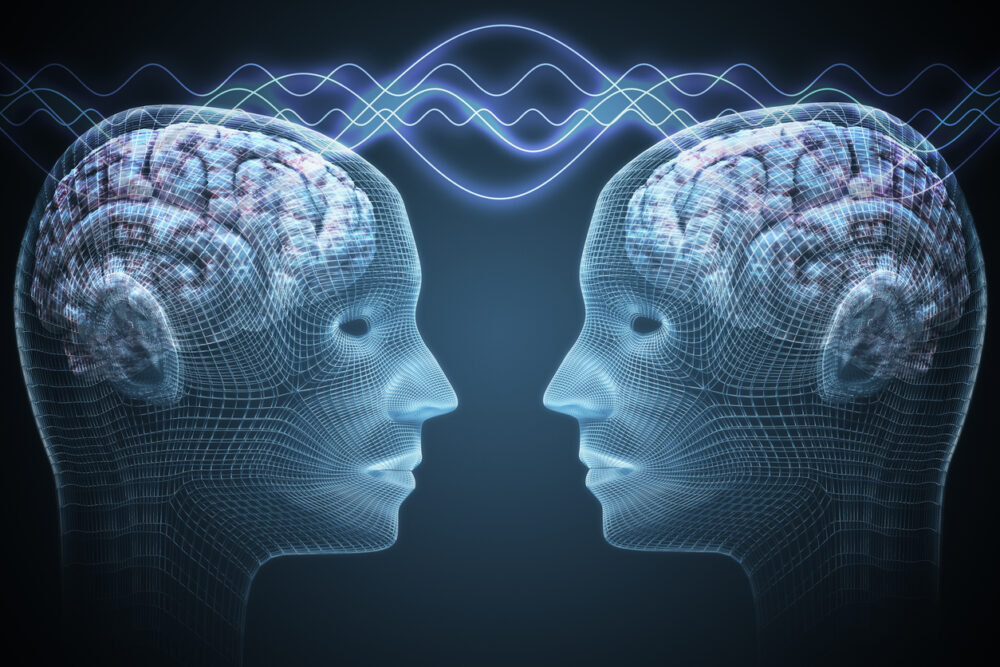
We tend to think of our thoughts as personal, locked inside our heads. But some researchers are exploring whether consciousness could have a shared or collective element—something that connects minds beneath the surface. It sounds like science fiction, yet studies in fields like parapsychology and neurobiology keep finding strange results. Synchronized brainwaves between people, telepathic hunches, and even shared dream content have all been documented in small, controversial studies. While mainstream science is cautious, a few brave researchers suggest consciousness might be a network—more like Wi-Fi than a closed computer.
If that’s the case, your brain might be tapping into a mental “field” that others also access. This doesn’t mean everyone’s reading your mind, but it does raise questions about intuition, empathy, and group thinking. Perhaps certain thoughts aren’t entirely yours—they could be influenced by or connected to others around you. That shifts how we view individuality and connection. Consciousness might be personal, but never completely isolated.
8. Your brain might work in a much stranger way than we thought.

Most people think the brain is like a really fast computer, but some scientists have a new idea. They think the brain might work more like a quantum computer, which means it could do lots of things at once in ways we don’t fully understand yet. A quantum computer is super powerful because it doesn’t just think in “yes” or “no”—it can think in “maybe” too. That might help explain how humans can be creative, solve hard problems, or get ideas out of nowhere.
Some scientists believe tiny parts inside the brain might be doing things that are so small and fast, they follow special rules of the universe that even normal computers can’t copy. We can’t prove it yet, but if this idea is right, it would mean our thoughts come from something way more advanced than we thought. Your brain might not just be smart—it might be using the weirdest science in the universe to help you think.
9. Your dreams could be tuning you into alternate realities.
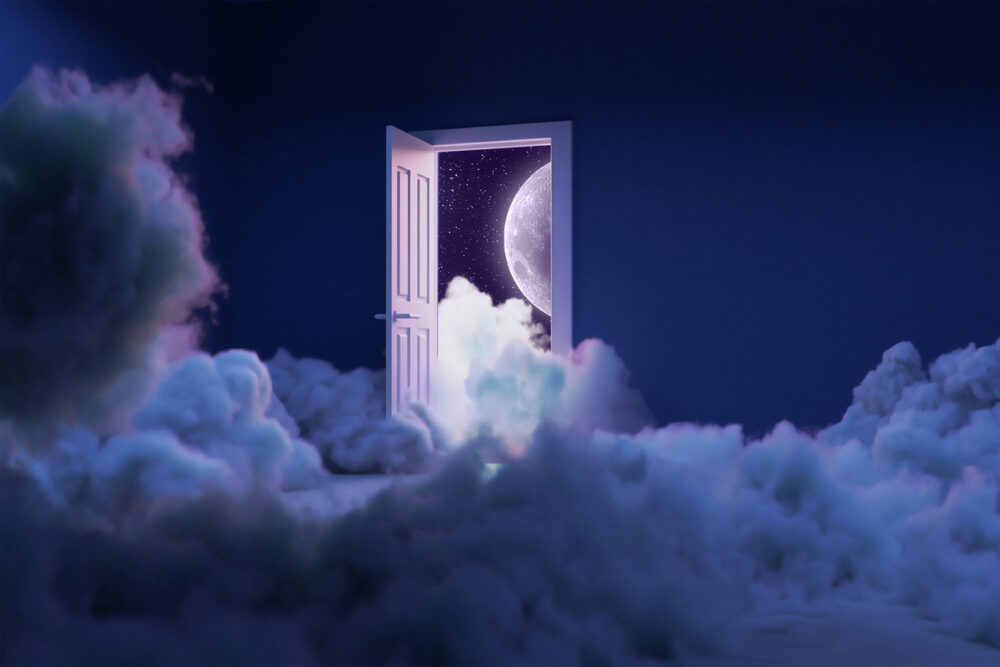
We usually think of dreams as random brain junk—fragments of memory and emotion scrambled into strange stories. But what if dreams are actually something deeper? Some scientists and psychologists suggest that dreams could be tapping into parallel versions of reality or alternate timelines.
In quantum theory, the multiverse isn’t just a sci-fi fantasy—it’s a real possibility, with countless versions of you existing in countless realities. So when you dream about places you’ve never been or people you’ve never met, maybe it’s not all just imagination.
Maybe your consciousness is briefly syncing with another version of you living a different experience. There’s no hard proof yet, but it raises some serious questions about the nature of dreaming and the limits of the mind. What if sleep isn’t just rest—it’s travel? Lucid dreamers often report encounters and scenarios that feel more real than waking life. If that’s not evidence of consciousness doing something weird, it’s at least worth paying attention to.
10. Consciousness might exist without the brain at all.
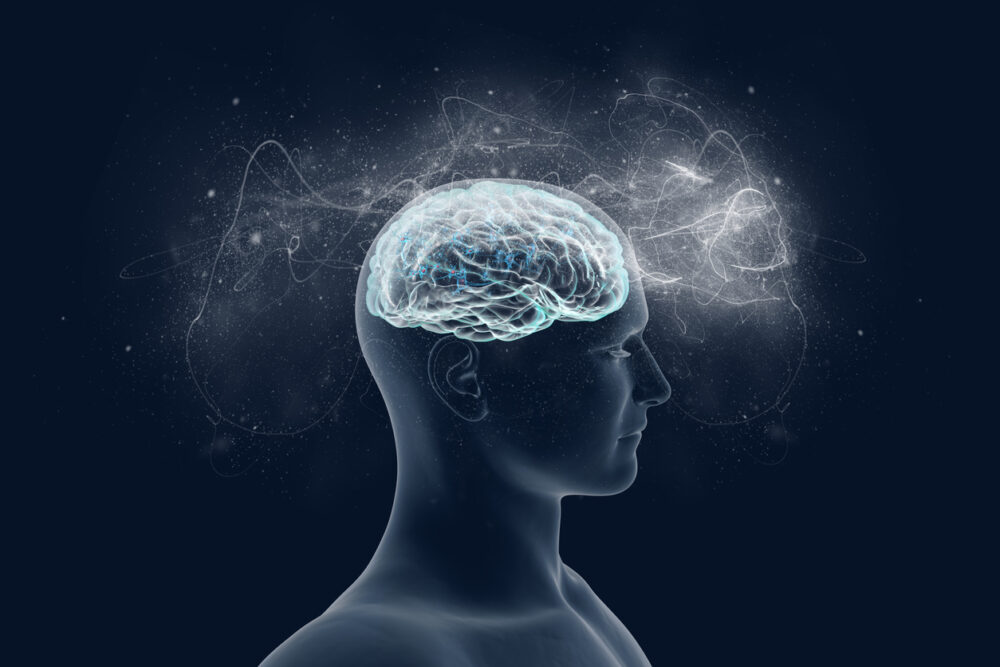
This idea might sound the most out there, but it’s taken seriously by some scientists and philosophers. What if your brain isn’t the source of consciousness—but just a temporary host? There have been documented cases of people functioning with only a fraction of normal brain tissue, yet still showing full awareness and intelligence. Some interpret this as a sign that the brain doesn’t “produce” consciousness—it channels or filters it. Think of it like a TV set: damaging the screen doesn’t stop the broadcast; it just distorts your ability to see it.
If that analogy holds, consciousness could be a non-local phenomenon—something that exists beyond space and time and uses the brain like an interface. Near-death experiences, out-of-body sensations, and certain altered states all point to this possibility. That doesn’t mean science is abandoning the brain—it just means we might need a much bigger map to explain the mind. Consciousness might be everywhere, just waiting for a place to plug in.
11. The universe might be a simulation—and consciousness is the only real thing.
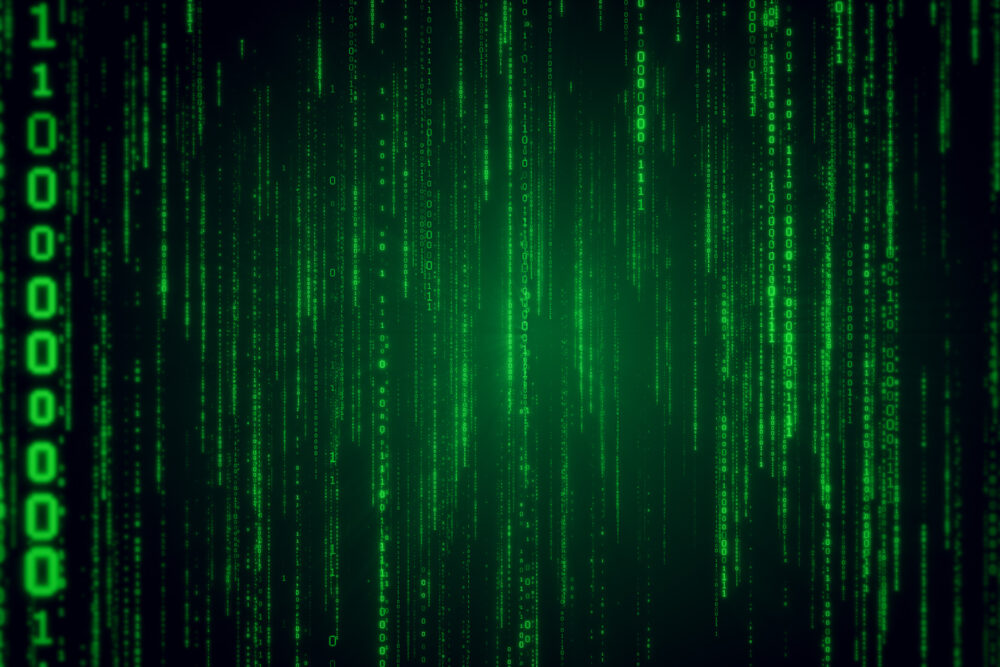
It sounds like something out of The Matrix, but serious thinkers are considering it: what if the universe is a simulation? According to some physicists, mathematicians, and philosophers, reality might be a complex digital construct, and everything we experience—matter, time, space—is generated like a giant video game.
In this view, consciousness wouldn’t be a byproduct of the simulation—it would be the player. If all of reality is code, then consciousness is the only thing that’s not simulated. Some theories even propose that our universe has digital properties, like pixels and processing limits, which suggest it’s being “rendered” for observation.
This flips everything around. The physical world becomes the illusion, and your awareness becomes the only real anchor. If true, it would mean your consciousness isn’t just meaningful—it’s essential. You’re not just part of the simulation. You’re the one experiencing it, which might be the whole point. The big question isn’t what’s real—it’s who’s behind the keyboard?